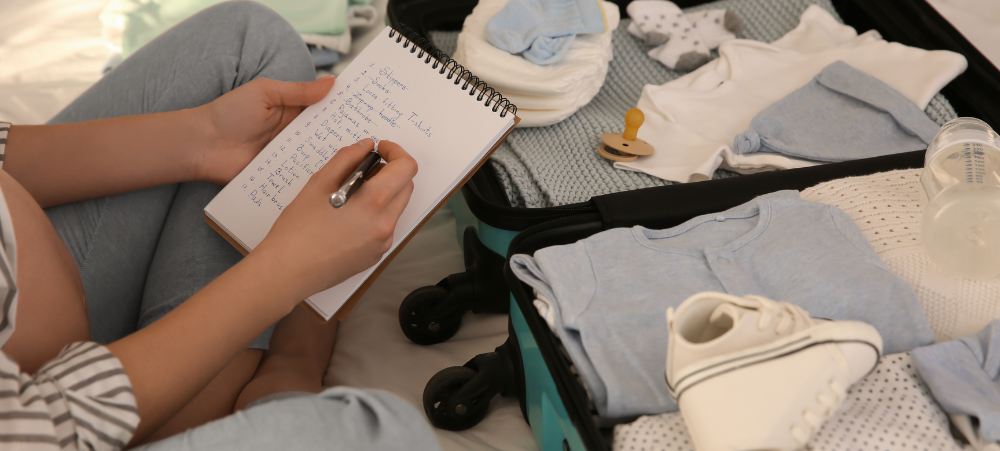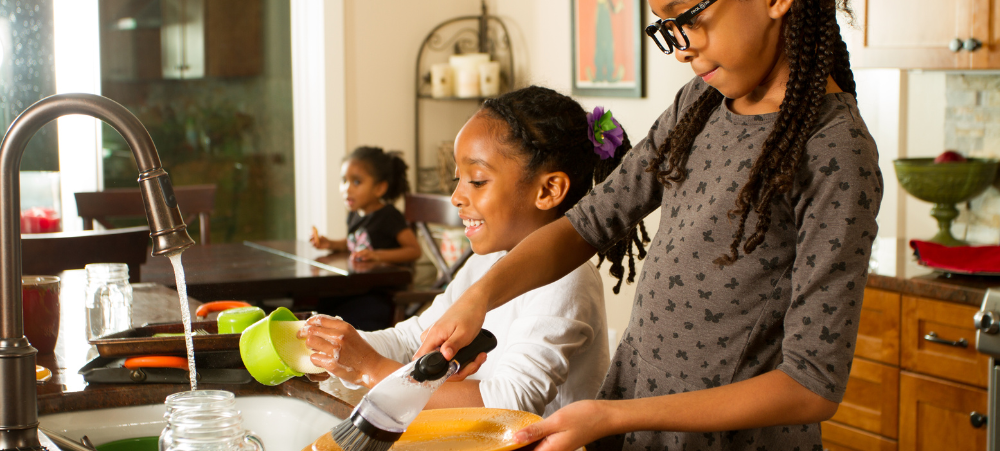It’s the nature of parenting that the many delights and joys we find in our children are interwoven with stresses, anxieties and frustrations that can drain from us, enormous amounts of physical, mental and emotional energy. Somatic psychologist and best-selling author of The Mindful Body, Noa Belling points out that finding ways to top up our energy can make all the difference to our well-being and how we treat our children.
Noa describes a zone of well-being that we aspire to be living in. It’s also referred to as a zone of resilience or a window of tolerance. “In this zone we feel well and happy,’ she says. “We feel cool, calm, collected and connected to others. We feel like we can cope with life’s ups, downs and busy-ness. At these times we’re effective at getting things done; we are well-attuned to our children; we rebound quickly from setbacks and if things get tough, we can more easily find creative ways to address our challenges. In the zone of well-being, we are best version of ourselves.” The reason for this increased capacity is that our brain is actually functioning better when we’re relaxed and feeling well. We have better access to the more evolved parts of our brains which helps us think intelligently and creatively, and make better choices.
By contrast, when we’re outside our zone of well-being, feeling overwhelmed, out of control or really angry or upset; we are flooded with stress hormones and the primitive brain parts take over to offer urgent survival responses such as fight or flight. Noa says: “Parents can recognise this in outbursts shouted with full fury, such as: “I have had enough of this! Go to your room! Stop or there is no iPad for a week! Or even perhaps, smacking your child or lashing out with insults. From our brain’s point of view, when we feel this way it overrides our rational intelligence as well as our ability to think creatively, to see the bigger picture and to come from a place of love. Sometimes our angry reaction does help to make things happen or get our message across. But all too often, when we feel pushed over the edge, parents can be left feeling shaken, helpless and regretful of their actions. Quite simply when we have a strong relationship with our zone of well-being, we become better parents and healthier of mind and body.”
Unfortunately the rigours, not just of parenting, but of demanding, fast-paced modern life as well, result in many of us finding ourselves outside the zone of well-being more often than not. However, Noa points out that we do not need to be at the mercy of this. “We can deliberately connect with and strengthen our zone of well-being and resilience by making time for things that help us feel well,” she says. “These include well-known strategies like healthy eating, regular exercise, quality time with family and friends, feeling purposeful in life, and getting enough sleep. There are also simple, mindful strategies that we can use on-the-spot and weave into our days to help us plug back into this zone when we have spun out of control. By making a regular practice and developing mindful habits, benefits accumulate to strengthen our zone of well-being, literally rewiring our brains for the long term. Then we become less likely to spin out of control and if we do, we bounce back more quickly.”
Parents can use these on-the-spot strategies adapted from Noa Belling’s The Mindful Body to connect with and strengthen their zone of well-being:
- Hand to chest – Place a hand on your chest to remind you to come from love. This is a great one to use in the midst of chaotic moments. Soon as you realise you are all worked up, pause for a few seconds, place a hand on your chest where it feels best and allow a good deep breath. Touch releases oxytocin, our cuddle and intimacy hormone, quickly lowering our stress hormone levels and helping us think more clearly. This helps us feel kinder and more compassionate towards ourselves and those around us. Soon as you feel a shift, release your hand and carry on with your day from this more connected, kinder place. Make this a family practice by teaching this simple strategy to your children and take a moment to do it together when they are stressed and overwhelmed.
- Remember to breathe! Pausing to take a few deep breaths now and again can help oxygenate both body and brain. This can give us a boost of energy and remind us to release pent up tension. Using a body scan with this can help, pausing now and again through your day to scan your body for tension and breathing nice fresh air through your body and being. This can be a quick reset that can help you feel more in control. Again, it’s a valuable strategy for children too.
- Mark transitions lovingly through good eye contact and a habit of a hello and goodbye hug for those in your family. This is a suggestion by relationship expert Stan Tatkin that has mutual benefit to both people involved in the hug. The body contact stimulates oxytocin to help us feel calmer in ourselves and more connected with each other. It also can help us change gears into our zone of well-being in just a few seconds, which can go on to last for a while after especially if we savour the feelings for as long as possible.
- Orient to the present moment. The more we live in the moment instead of in our thoughts about the moment, the less we can complicate our lives with unnecessary worries. If you are feeling overwhelmed or mentally frenetic, pause for a few seconds to notice your surroundings through your five senses. Notice the sights, sounds and smells as well as the taste in your mouth. Touch a couple of objects in your vicinity and place your two feet on the ground evenly. Perhaps adjust your posture to be more centred and upright. In a matter of seconds you might find yourself more grounded and clear-headed as you return to the task at hand.
Noa concludes: “When you feel well, you feel better able to cope with daily stresses, you have a sense of purpose that includes and goes beyond taking care of your children, you have supportive relationships and you enjoy life for the most part. If you feel lacking in an area of your life, strengthening your zone of well-being and resilience can help you be your most intelligent, heart-felt self for coming up with constructive solutions and planning towards the changes that you wish for.
The practical strategies offered here are adapted from The Mindful Body by Noa Belling, published through Penguin Random House SA and internationally by Rockpool Publishing. The Mindful Body is available in bookstores and online.
Visit https://www.noabelling.com/
targeted toward Parents.
We understand that there are many aspects that encompass a Mother, Father or Child and strive toward providing resources and services that accommodates
this.
Our content is aimed to inform and educate families on issues starting from
pregnancy through to the challenges of the teen-age years.
- Turning Chores into Fun Games for the Whole Family - October 13, 2025
- Teaching Gratitude to Children: Practical Ideas - October 9, 2025
- Spring’s Hero Salad: Fresh, Filling & Full of Flavour - October 8, 2025





